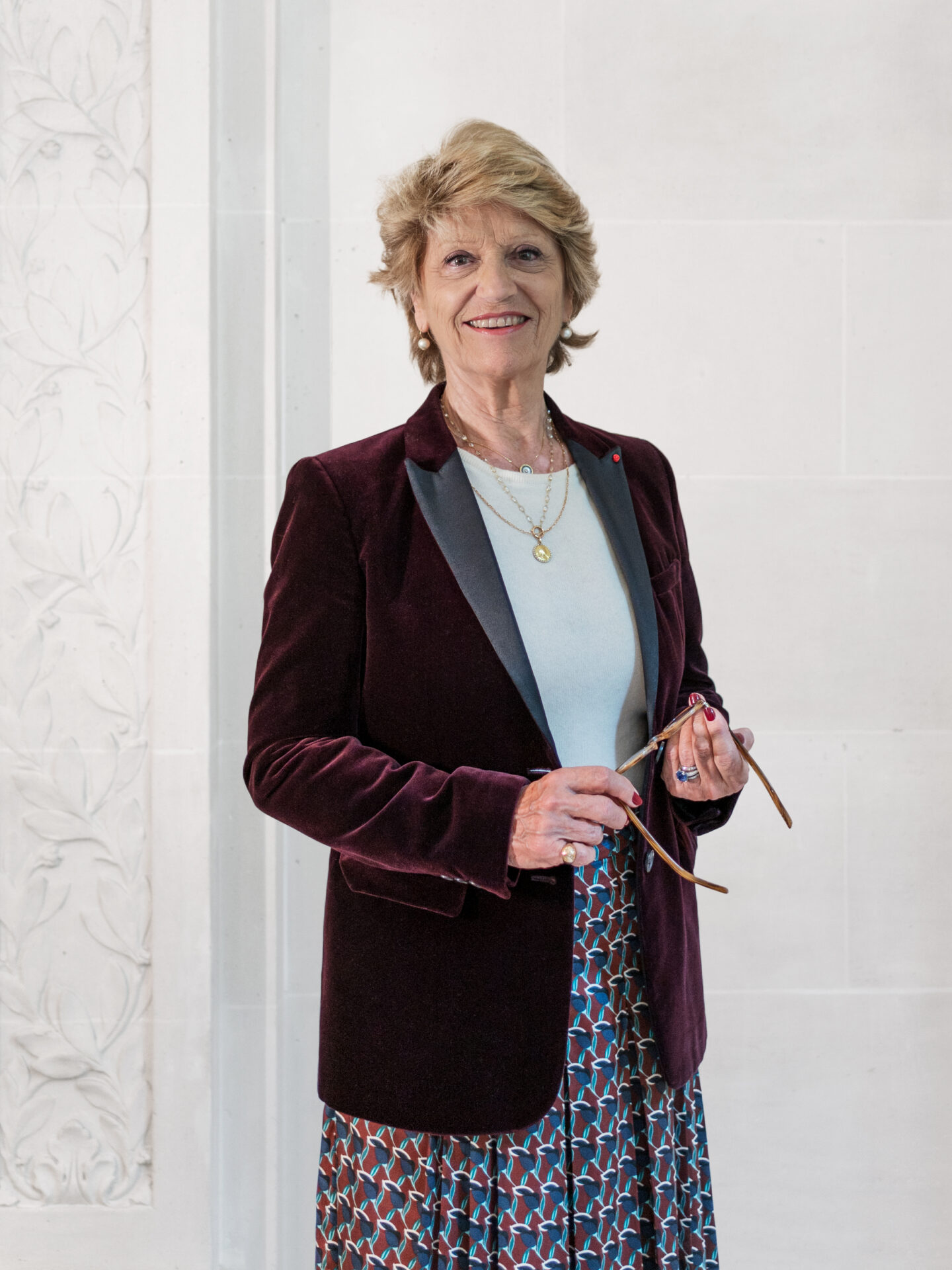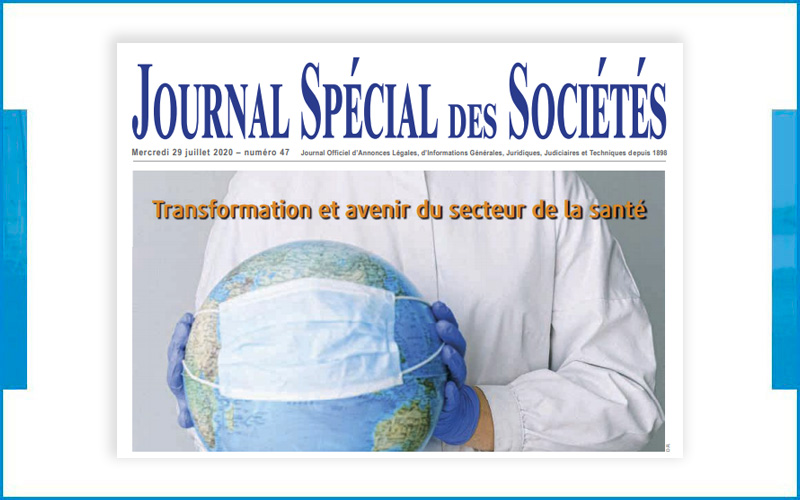By Catherine Paley-Vincent, Partner lawyer et Nathalie Boudet-Gizardin, Counsel Counsel
Article published with the kind permission of the Special Journal of Companies
On leaving confinement, it's time to take stock: what place has telemedicine conquered in France, the development of which seems obvious? On April 23, Doctolib announced in a press release that it had passed the “symbolic” milestone of 2,5 million video teleconsultations carried out via its site, since the start of the Covid-19 epidemic. A record since the legal consecration of telemedicine in France, by the HPST law, in 2009. This craze for telemedicine and tele-care, manifested in recent months by both patients and health professionals, will he continue beyond the health crisis and facilitate access to healthcare on a long-term basis? The Covid-19 could thus mark a decisive turning point for telemedicine, already identified in 2017 by the Court of Auditors as a "potentially major lever for modernizing our health system".
Defined as "a form of remote medical practice using information and communication technologies", telemedicine groups together five types of acts described in article R. 6316-1 of the Public Health Code (CSP) : teleconsultation (remote consultation between a doctor and his patient), tele-expertise (remote solicitation by a doctor of the opinion of one or more other colleagues because of their training or their particular skills, on the basis of medical information related to the care of a patient), remote monitoring (remote interpretation by a doctor of the data necessary for the medical monitoring of a patient), remote assistance (remote assistance by a doctor from another professional health during the performance of an act), as well as the medical response provided within the framework of the medical regulation of calls to the SAMU. Tele-care is added to this, which constitutes "a form of remote care practice using information and communication technologies", putting a patient in touch with one or more pharmacists or medical auxiliaries. So, telemedicine is now part of “telehealth” since the law of July 24, 2019 relating to the organization and transformation of the health system.
Given the diversity of practices that it covers, telemedicine has been, for several years, anticipated as a possible response "to the aging of the population and the development of chronic diseases, by facilitating home care through telemonitoring devices, geographic difficulties in accessing care, through the implementation of teleconsultations and tele-expertise ”as well as vital emergencies, such as stroke. This awareness pushed the public authorities to intervene, in 2018, to remove several technical and legal constraints, which had been preventing its “take-off” in France for almost ten years. As a result of this regulatory relaxation, many private platforms (mutuals, complementary insurers, start-ups, laboratories, etc.) have appeared on the market, offering sometimes controversial telemedicine services, which are outside the current regulations.
So, what place should telemedicine take? (I) How to guarantee safe and quality telemedicine to patients (II)?

Catherine Paley-Vincent
Partner
Recognized expert in health law, she intervenes in particular for the constitution and monitoring of structures between hospital and / or liberal health professionals, for the management of possible conflicts and their transactional, judicial or disciplinary consequences. The field of medical imaging is particularly familiar to him.
She advises pharmaceutical companies on medical devices, labeling and clinical trials.
She is regularly consulted on the application of ethics, in particular with regard to the regulation of professional orders of networks, advertising and the Internet used in the medical and veterinary world.

Nathalie Boudet-Gizardin
Counsel
She joined the firm the same year in the Civil and Health team of Catherine Paley-Vincent. She advises health professionals particularly in terms of:
Civil, disciplinary and criminal defense of health professionals, professional orders and medical and veterinary biology laboratories
Advice and assistance to health professionals to structure their activities, including within the framework of public / private cooperation, particularly in medical imaging
Support for healthcare professionals and innovative companies in the development of their e-health projects.




